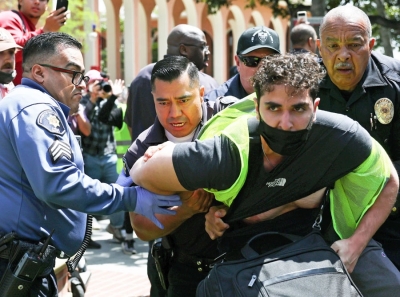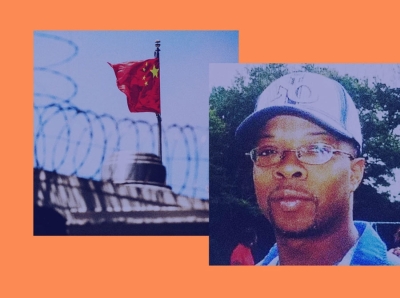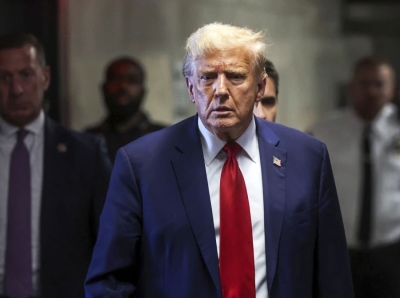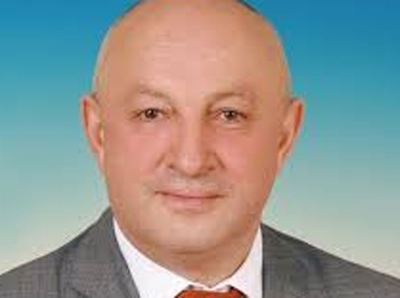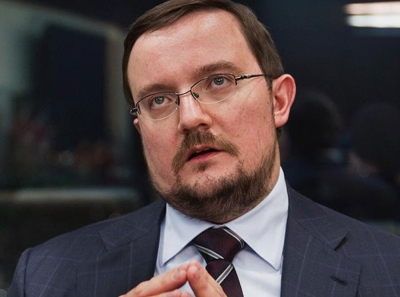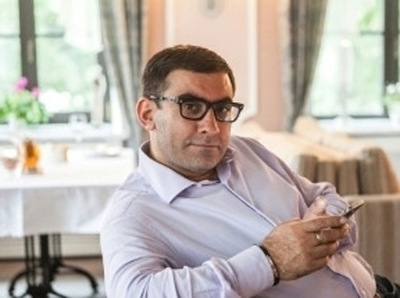Germany: mass protests against the far right
Outrage over plans for mass expulsions from Germany has led to large-scale demonstrations against right-wing extremism across the country. A glance at the commentaries shows that Europe is keeping a close eye on events in Germany as they unfold.
Danger recognised but not banished
La Vanguardia views the polarisation in the country with concern:
“The Germans have taken to the streets to express their rejection of the AfD’s racist and anti-constitutional ideas. ... The worrying thing is that many Germans don’t seem at all fazed by the AfD’s racism, by the fact that the party is being monitored as a potential threat to the constitutional order or by the reignited debate about potentially banning the party. ... 2024 could be the year in which the firewall against the far right finally collapses in Germany, whose citizens in these days seem to have detected the danger.”
Europe can send a strong message
Germany’s anti far-right protests could inspire other European countries and send a signal that also makes an impact in Washington and Moscow, Spotmedia hopes:
“The protest symbolises a significant change in the EU’s largest country in terms of its attitude towards extremist movements, which have gained momentum over the past two years in the face of social and economic instability triggered by inflation. It is possible that these demonstrations will inspire the citizens of other European countries and that this year’s elections will turn into a referendum for freedom, which would be bad news for both Trump and Putin.”
What really counts is how people vote
The mass demonstrations unfortunately only reflect the opinion of a certain section of the population, points out Der Standard:
“The AfD, with its plans to give Germany back to the Germans and deport millions of people with a migration background, is still there and still has its fans. In Thuringia, Saxony and Brandenburg, the three eastern German states where elections will be held in the autumn, it is topping the polls. ... It won’t be possible to reach hardcore AfD fans, but hopefully it will be possible to get through to those who are flirting with the party out of frustration with the traffic light governing coalition. That is worth every effort and every demonstration. The main thing, of course, is to ensure that all those who now have reservations about the AfD don’t go out and vote for it on election day.”
Unity despite disagreement
Rejection of right-wing extremism is uniting people who would only tear each other apart in Italy, commments La Stampa in approval of the protests:
“Before, during and after the demonstrations, German politicians and opinion-makers did not — we repeat, did not — call for investigations into people’s origin, for statements of abjuration, or for exclusion. They did not engage in public squabbling. Even though they completely disagreed with each other on many topics — on the war in the Middle East, the war in Ukraine, the economy, climate policy and even vaccines. And without doubt on other topics that would be reason enough in Italy to call everything off. ... But the Germans are outraged by a serious and very clear case, a deportation project that immediately brings back memories of National Socialism.”
Holding up a mirror
The large demonstrations in Germany should serve as a model for Belgium, De Morgen stresses:
“The AfD is a good example of the new hybrid type of far-right party. Just like Vlaams Belang in Belgium or Giorgia Meloni’s party in Italy, they mix a seemingly acceptable shop window with a back room full of nasty, extremist convictions. ... Demonstrations alone will not stop the advance of the far right. ... But at least they hold an uncomfortable mirror up to us. Because while in Germany hundreds of thousands are loudly protesting, here it won’t be long before a politician shouting "repopulation!" takes part in a game on an TV show.”



